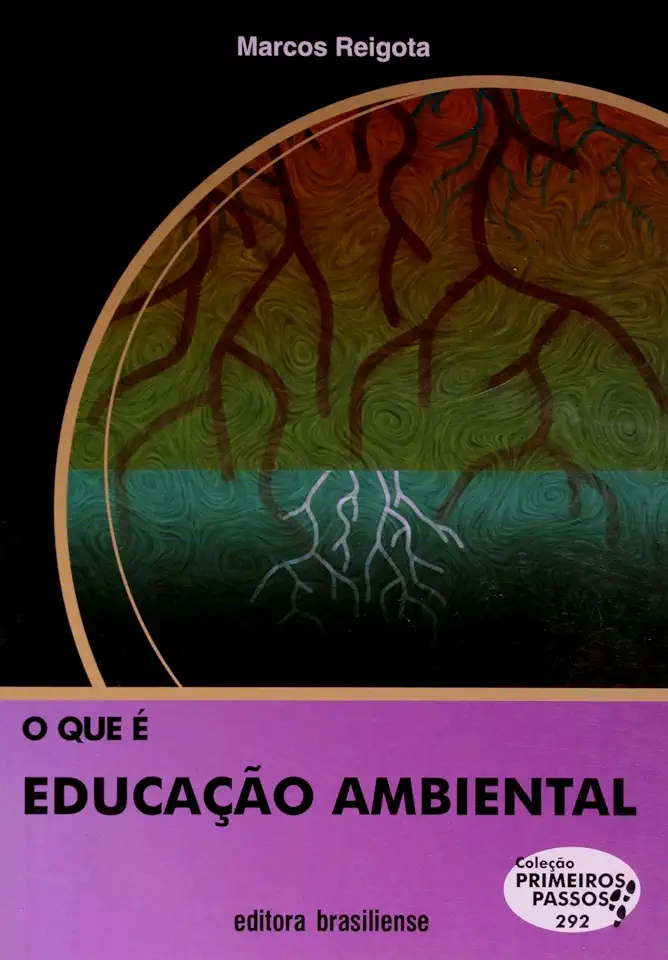
What is Environmental Education - Marcos Reigota
What is Environmental Education?
A Comprehensive Guide to Environmental Education
In today's world, environmental education is more important than ever. With the increasing challenges of climate change, pollution, and biodiversity loss, it is essential that we all understand the importance of protecting our planet. Environmental education provides the knowledge, skills, and values necessary to make informed decisions about environmental issues and take action to protect the environment.
What is Environmental Education?
Environmental education is a process that helps people learn about the environment and how to take care of it. It is a multidisciplinary field that draws on the natural sciences, social sciences, and humanities to provide a comprehensive understanding of the environment. Environmental education can take place in a variety of settings, including schools, universities, community organizations, and the workplace.
Why is Environmental Education Important?
Environmental education is important for a number of reasons. First, it helps people understand the complex interactions between the environment and human activities. This understanding is essential for making informed decisions about how to use and protect our natural resources. Second, environmental education helps people develop the skills they need to take action to protect the environment. These skills include critical thinking, problem-solving, and communication. Third, environmental education helps people develop the values that are necessary for a sustainable future. These values include respect for the environment, a sense of responsibility for the planet, and a commitment to taking action to protect it.
What are the Goals of Environmental Education?
The goals of environmental education are to:
- Help people understand the environment and how it works
- Develop the skills people need to take action to protect the environment
- Foster the values that are necessary for a sustainable future
What are the Different Types of Environmental Education?
There are many different types of environmental education, including:
- Formal environmental education: This type of environmental education takes place in schools and universities. It is typically taught by certified teachers and follows a set curriculum.
- Informal environmental education: This type of environmental education takes place outside of schools and universities. It can include activities such as nature walks, field trips, and community workshops.
- Non-formal environmental education: This type of environmental education falls somewhere between formal and informal environmental education. It can include activities such as museum exhibits, documentaries, and online courses.
Who Can Benefit from Environmental Education?
Environmental education can benefit people of all ages, from children to adults. It is especially important for people who are making decisions about how to use and protect our natural resources.
How Can I Get Involved in Environmental Education?
There are many ways to get involved in environmental education. You can:
- Take an environmental education course
- Attend an environmental education workshop
- Volunteer for an environmental organization
- Donate to an environmental organization
- Read books and articles about environmental issues
- Talk to your friends and family about environmental issues
Conclusion
Environmental education is essential for creating a sustainable future. By providing people with the knowledge, skills, and values they need to take action to protect the environment, environmental education can help us to build a better world for ourselves and for future generations.
Call to Action
If you are interested in learning more about environmental education, there are many resources available online. You can also contact your local environmental organization or school to find out about environmental education opportunities in your community.
Enjoyed the summary? Discover all the details and take your reading to the next level — [click here to view the book on Amazon!]